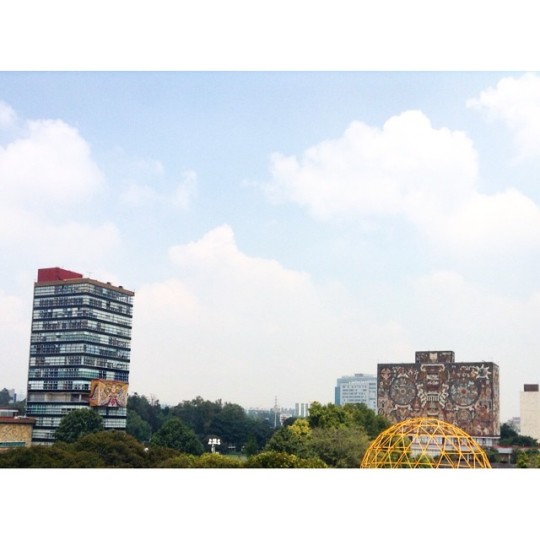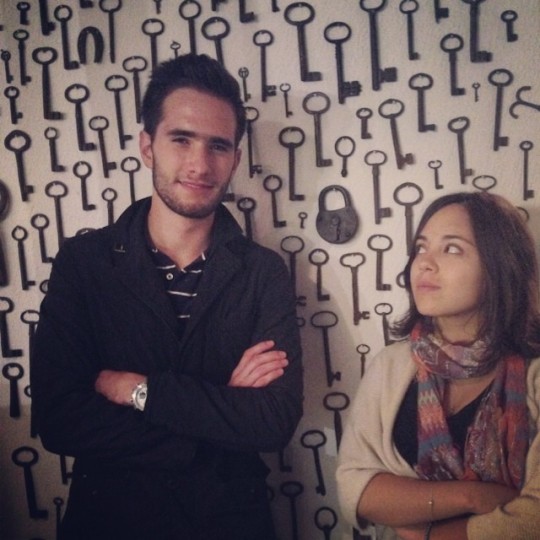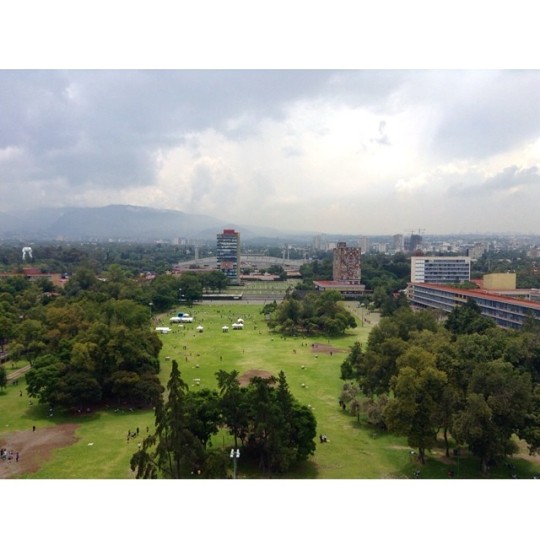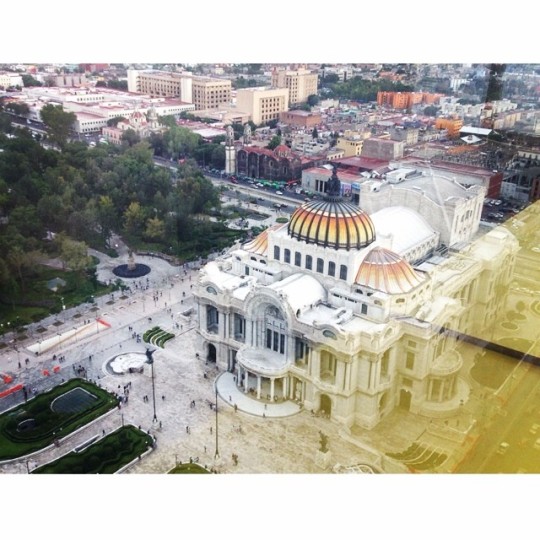Text
Empowering the future: A social enterprise for accessible education in developing nations
As someone who is passionate about collaboration and always questioning the issues of the past, present, and future of architecture, I believe that education is the key to positive transformation. Education is an essential tool for addressing many social, environmental, and cultural issues, including poverty, inequality, and climate change. However, access to education is still a challenge for many people, particularly in developing nations.
I propose the creation of a social enterprise that focuses on providing accessible education to people in developing nations. The programme will have a significant social impact by empowering individuals, families, and communities to break the cycle of poverty and create a better future for themselves. This social enterprise will provide education to people who would otherwise not have access to it, such as those living in remote rural areas, girls and women, and marginalized communities.
For social value, this programme will provide people with the knowledge and skills they need to improve their lives and those of their communities. Education is a powerful tool for creating positive change, and by providing it to those who need it most, we can help build a better, more equitable world.
Key allies could include local NGOs, community leaders, and educators. Key resources include funding from foundations and government agencies, as well as partnerships with universities and educational institutions. Key activities could include curriculum development, teacher training, and the establishment of learning centers in remote areas.
The market for this programme would be people in developing nations who lack access to education. The customer relationships would be built through partnerships with local organizations and community leaders. The consumer benefits would be education and the opportunity for personal and professional growth. Channels for delivering education could include mobile learning centers, online courses, and community learning centers.
Finances could be supported by a combination of grants, donations, and revenue streams, such as fees for online courses or community learning centers. The cost of delivery needs to remain low to ensure accessibiity to those who need it most. Community reinvestment could ensure a sustainable impact on the communities the programme serves.
In conclusion, education is a powerful tool for positive transformation, and a social enterprise focused on providing accessible education in developing nations would have a significant social impact.
Champion for Change: Making the World a Better place Course: Social Enterprise Activity: Short Blog Exercise
0 notes
Text
Reforestation and community building: My volunteering experience with Yuxacoyo in Santo Domingo Yanhuitlán, Mexico
Volunteering with Yuxacoyo in Santo Domingo Yanhuitlán, Mexico, was an incredible experience. When I started the Sustainability and Climate module, I knew that volunteering was going to be a challenge, as I was travelling to Mexico City to visit my family and was not going to be able to be in the UK to volunteer for a local cause before the 3 of April submission deadline. However, I didn't want this to stop me from completing the task, so I contacted a colleague from Yuxacoyo to go and volunteer on their reforestation efforts.
During the volunteering period, I visited the UNESCO-recognised Mixteca Alta Geopark to explore the geological and natural wonders of the Sierra Madre, and I also participated in a pottery workshop with the artisans of the community of Vista Hermosa.
The experience was both enjoyable and challenging. I worked with local students and teachers on various maintenance, cleaning, and repair work on the CBTA facilities during the day of tequio, and on the most intense day, I participated in the workday with the Yuxacoyo organisation, collaborating in the reforestation of the Quedana hill and harvesting organic products.
Given the lack of support and understanding on the part of the federal and state environmental authorities, some community greenhouses have been set up in which plants are produced for reforestation from seeds collected in the same places where they are planted. These plants are the ones we used to plant on the Quedana hill.
Volunteering with Yuxacoyo allowed me to learn more about the voluntary sector, the organisation, and myself. I learned that grassroots organisations are instrumental in promoting change in communities, as the lack of support and understanding from the federal and state environmental authorities surprised me.
The experience inspired me to continue giving back to communities and promoting change through volunteering. It also renewed my connection with the Yanhuitlán community and gave me the satisfaction of knowing that my efforts would contribute to counteracting deforestation in the region. In conclusion, volunteering with Yuxacoyo was a valuable experience that allowed me to reconnect with the Yanhuitlán community and learn from different experiences. It has motivated me to continue volunteering and promoting change in communities.
Champion for Change: Making the World a Better place Course: Volunteering with Social Impact Activity: Short Blog Exercise
0 notes
Text
Sustaining life
In our hands, the power lies To shape our future, to decide On this fragile planet we reside Our actions ripple far and wide
Sustainability is the key To protect our Earth, our legacy For all who share this world with me A just and equitable destiny
Let us shift our mindset, be aware Of the interconnectedness we share Through collective action, we can repair And create a future we all can bear
Nature's wonders, our inspiration For action and conservation Let us heed her call, with dedication To secure a sustainable generation
Champion for Change: Making the World a Better place Course: Sustainability Activity: Poem
0 notes
Text
The power of personal narratives to create a more inclusive society
As human beings, we are all unique and a combination of characteristics shape our identities, such as race, ethnicity, gender, gender identity, sexual orientation, ability, religion, and socio-economic status. These identities intersect and overlap to make up our everyday human experience. However, society has been dominated by individualism, racism, ego, and envy, and the resulting discrimination and inequality has affected us.
In my case, I used to go to bed every night thinking about the things I couldn't do or say because of what other people thought of me and my sexuality. But I am more than a label or a stereotype; I am a human being like everyone else. I am love and nothing else. And yet society excels at limiting people based on assumptions about our sexual orientation. As a member of the LGBTQ+ community, I have seen first-hand the effects of societal divisions based on individualism, racism, ego, and envy. Every day I wake up with a heart that is corroded by the mere realisation that I live in a world where prejudice and discrimination still exist. I used to carry this lump in my throat wherever I went, and now it is a constant reminder of the social struggles that LGBTQ+ people face every day. But I have refused to let these struggles hold me back. Instead, I reaffirm my commitment to live my life according to what my heart dictates. I strive to help others and to help myself in any way I can.
It is important that we start telling and sharing our stories, not just the inevitable stories about politics, disasters, and accidents that we see in the news every day, but also the stories of ordinary people that are often overlooked. These stories can help change people's perceptions of others and how they feel about themselves and can also help break down the barriers that exist between different communities. The world desperately needs platforms where we can share these stories and where people can be heard.
It is through our stories that we can articulate the relevance and impact of EDI's work. It is also important to recognise the power and influence of personal narratives in decolonising and advancing diversity and inclusion efforts globally. I know there are many stories to be told, and each of them can help shape our society into a more inclusive and accepting one. By sharing our stories, we can build a community that fights for a life free of prejudice, hatred, and borders.
We can create a more inclusive society by recognising and celebrating our differences, where everyone feels seen, heard, and respected. In doing so, we can recognise the unique perspective and contribution that each person brings to the table. Only by working together and learning from each other can we build a better future for us all.
Champion for Change: Making the World a Better place Course: Intersectionality and Inclusion Activity: Short Blog Exercise
0 notes
Video
| when she needs to follow the sun | (hier: Staatliche Akademie der Bildenden Künste/ Studiengang Industrial Design)
0 notes
Photo

| ÚLTIMA | <Visita Obligada> (hier: Facultad de Arquitectura CU (UNAM))
0 notes
Photo

| Yo quiero Frida! @andreinart #andreinart | <ElFan>
0 notes
Photo

<Mer> | DIT ADIEU AU MEXIQUE | (hier: San Jerónimo Lídice, México City)
0 notes
Photo

| VISTA AMPLIADA | <piso14> (hier: Torre II de Humanidades - UNAM)
0 notes
Photo

| VISTA DESDE ARCHIPIÉLAGO | <piso28> (hier: Archipiélago Coworking)
0 notes






